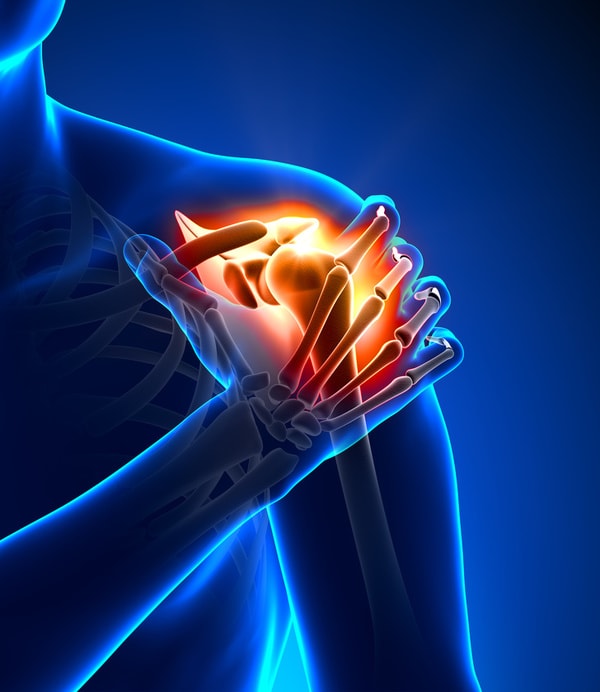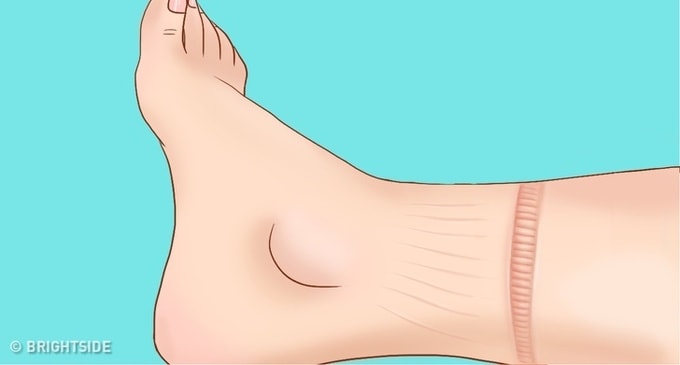8 warning signs your heart is in trouble
If you have pain spreading to your arm, frequent fainting, pale skin, loss of appetite, nausea... go get a heart check-up, according to Brightside.

Many men experience pain in their left arm, while most women experience pain in both arms. Many people report experiencing unusual pain in their arm before a heart attack. This happens because pain from the heart travels to the spinal cord where many of the body's nerves are connected. Your brain then gets confused and thinks your arm is hurting when it really isn't.

Losing consciousness or fainting is one of the warning signs of dangerous heart disease. When the heart does not pump blood well, it is due to restricted blood flow from clogged arteries or narrowed valves. If you feel short of breath and faint for a short time, see a doctor to have your heart checked.

Pale or blue skin is a sign of an unhealthy heart. This is not one of the most common symptoms of heart disease, but it occurs due to reduced blood flow, a decrease in red blood cell count, and can be a sign that your heart is not pumping blood the way it should.

Eczema and shingles are also strong risk factors for heart disease. People with eczema are 48% more likely to have high blood pressure and 29% more likely to have high cholesterol. Additionally, people with shingles are 59% more likely to have a heart attack than people without the condition.

Coughs can be caused by a variety of problems and can also be a sign of heart disease. A persistent cough that produces a pinkish fluid containing blood is very common in people with heart failure.

Swelling in the legs is also a warning sign of heart problems. When your heart is not working properly, fluid leaks from the blood vessels into the surrounding tissues. The legs will be affected the most because they have to support the weight of the whole body. This is a very common symptom in heart patients and you should pay attention to it.

Many heart patients often feel loss of appetite or nausea even after eating a small amount of food during the day. This is due to the accumulation of fluid around the liver and intestines, which hinders proper digestion.

Some studies have shown that people who are anxious are more likely to develop heart disease. Anxiety can be caused by a stressful lifestyle or various disorders including panic disorder, arrhythmia, and high blood pressure.

.jpg)






